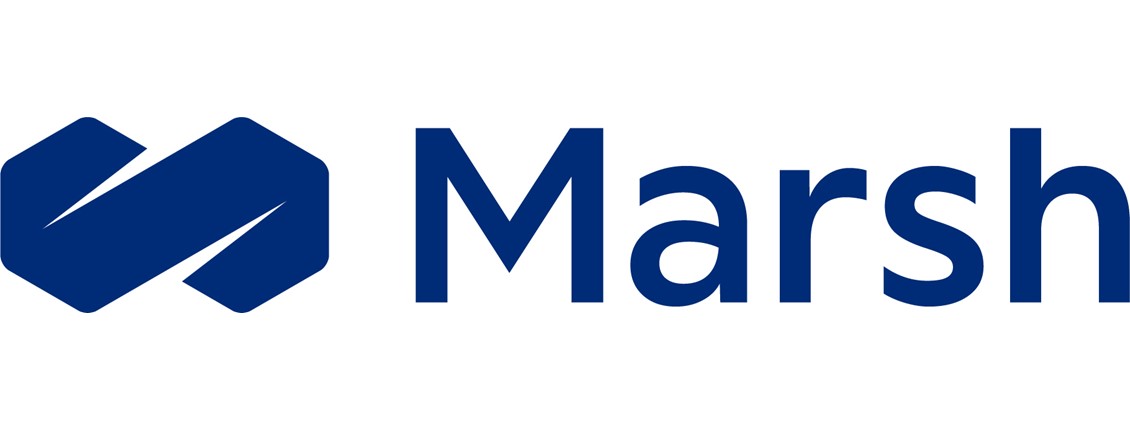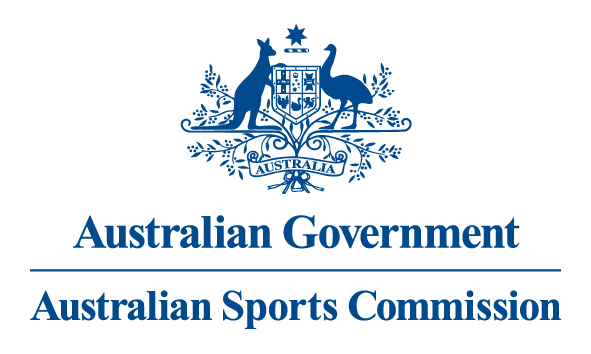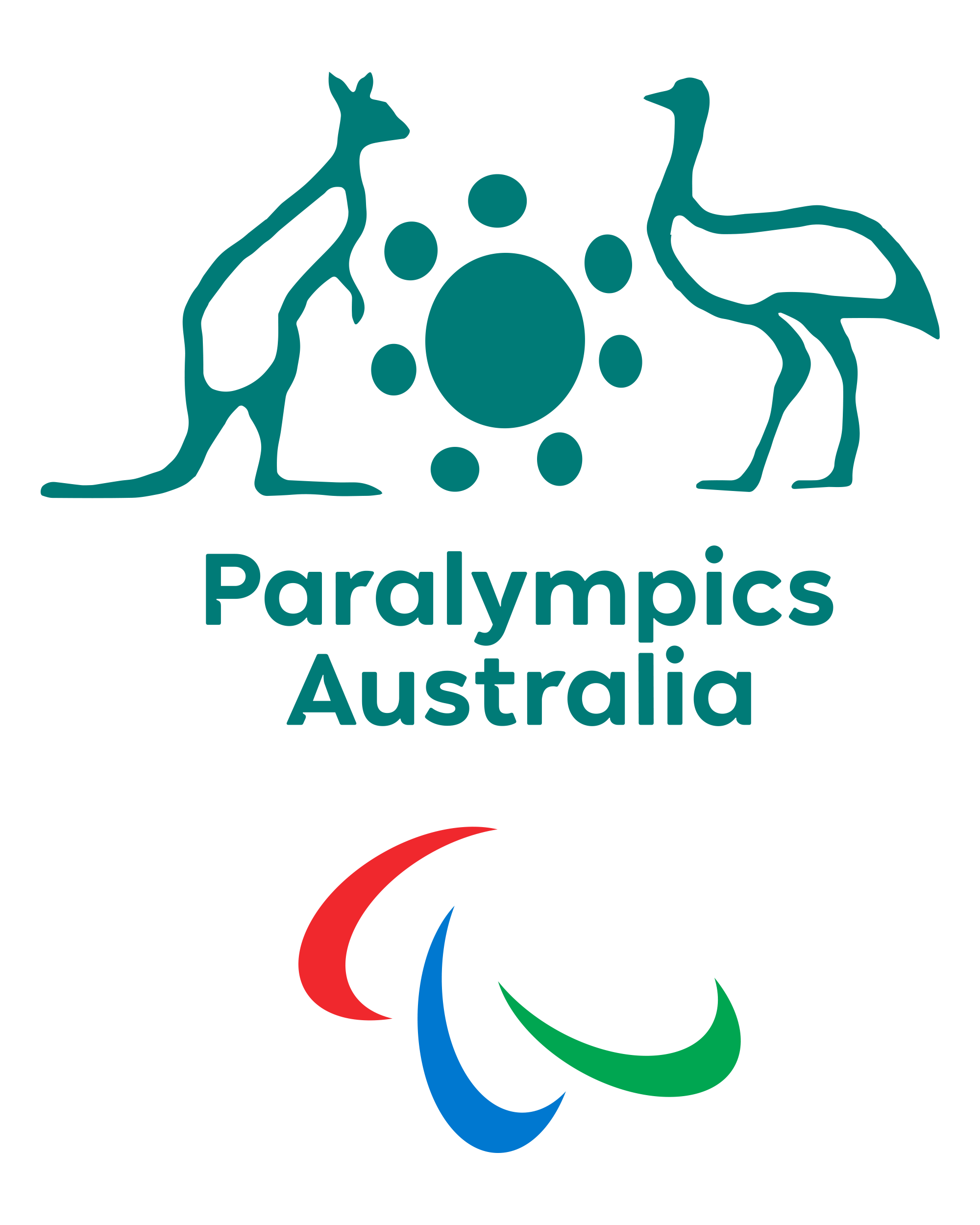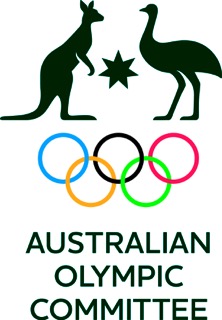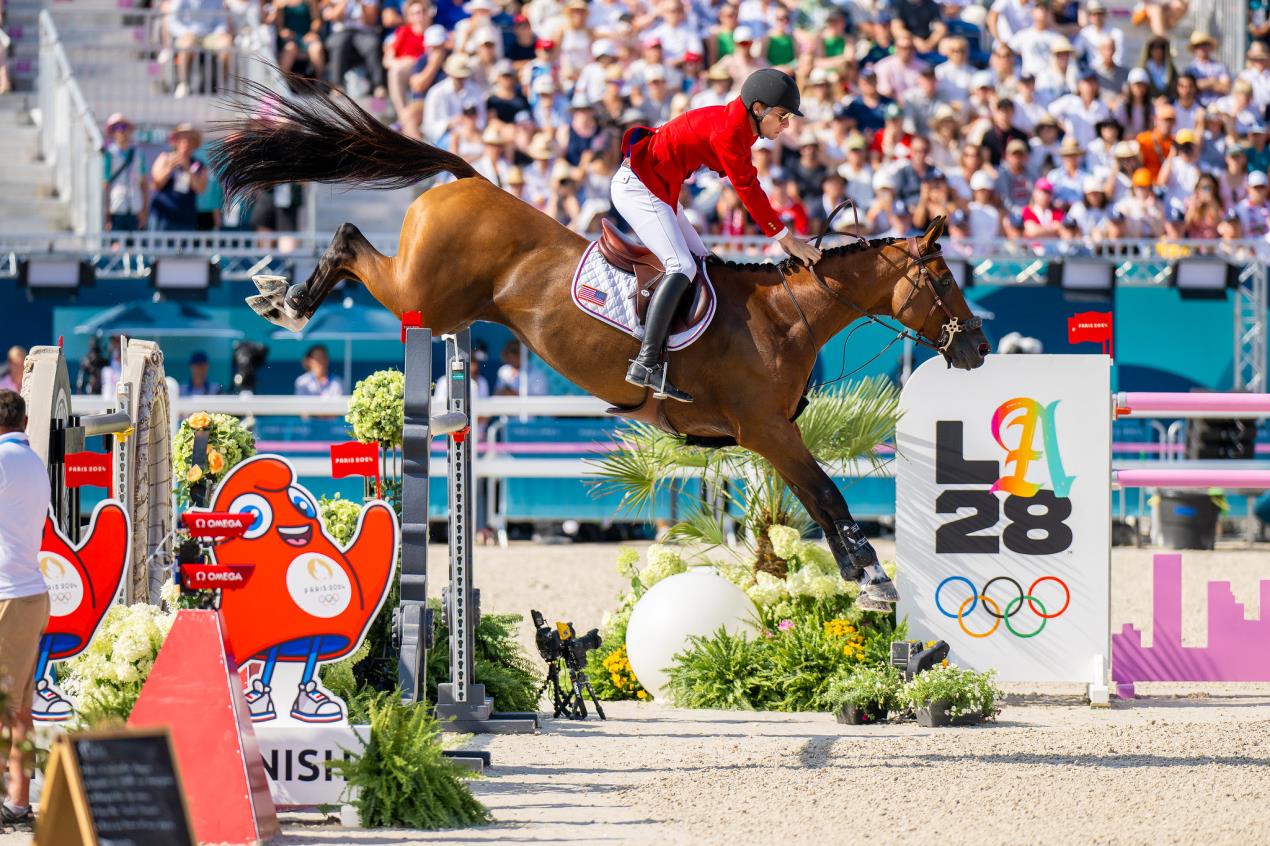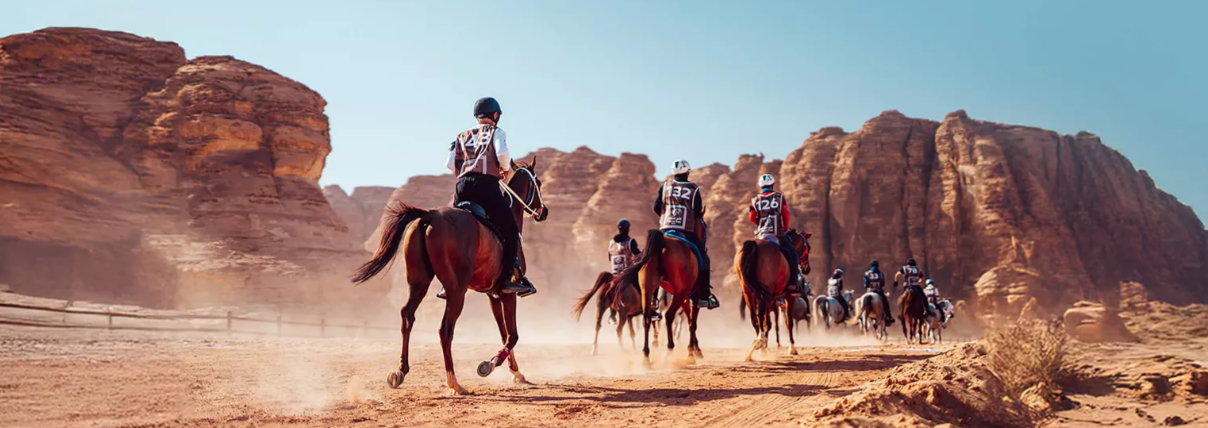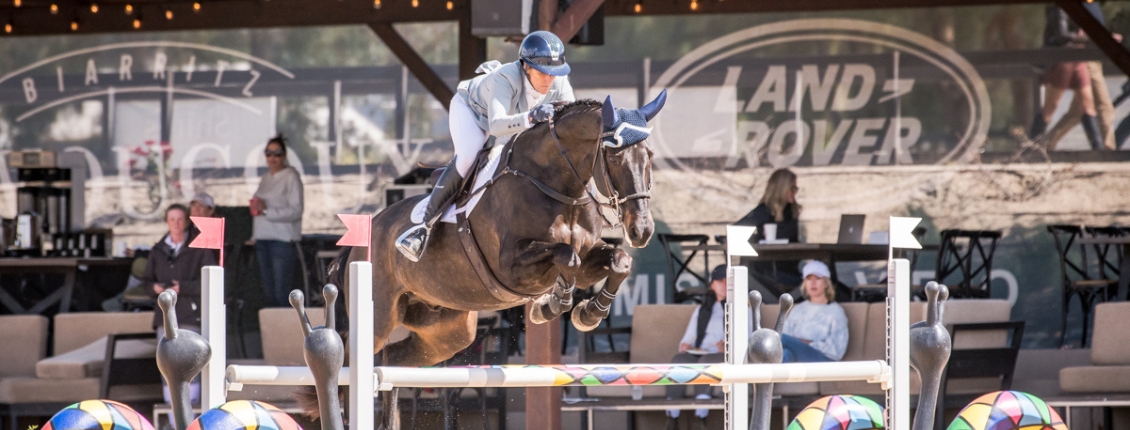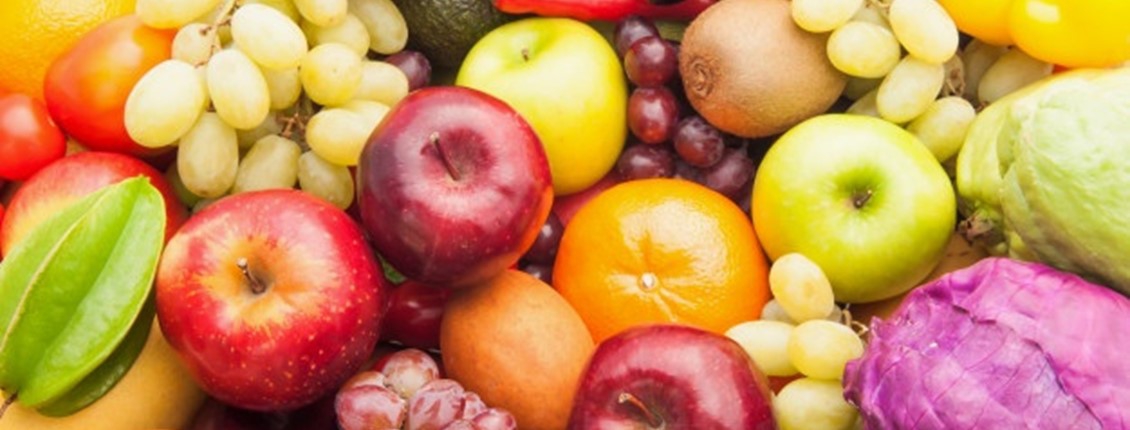
Immune Support for the Equestrian
Written by Antoinette Foster Dip. Nut. Nutritional Therapist and Medical Herbalist and Erin Romanin Clinical Nutritionist copyright 2020
One of the biggest concerns with the immune system is stress and currently, it is almost impossible to avoid it.
As horse owners, we are very fortunate that we can spend time with our horses which can have a major effect on de-stressing. There are some great recommendations to lower stress levels, and this includes exercising, yoga, meditation and of course riding our horses.
It is also important to remove any pressures that you may have been placing upon yourself with your riding goals. Now that competitions are temporarily a thing of the past the pressure of competing has certainly been removed.
This is the time to reassess how you are training and working with your horses and lower that pressure on yourself. Making your training sessions more enjoyable by mixing it up is a great idea. Incorporate a horse ball, cavalletti training, or go out on the trail if you have access; even some groundwork with your horse can help improve the connection you have with your horse.
Supporting your immune system is essential for your health and well-being. Antioxidants play a superior role in this instance.
Science tells us that when there is a shortage of antioxidant nutrients, there can be an increase in disease states. So, it stands to reason that the inclusion of powerful antioxidants and an antioxidant-rich diet will be very beneficial. Our antioxidant nutrients status may prove to be one of our most vital statistics in the future.
The best way to approach what to consume every day is to eat a wide variety of natural foods from every colour of the rainbow, as clichéd as that may sound. Science has shown how antioxidants and phytonutrients can talk directly to our genes and alter our genetic expression.
Vitamin C is important. Unlike horses, humans cannot synthesise their own vitamin C, therefore we need to source it externally.
So is vitamin D. Get outside and expose your skin to the sunlight for 15-20mins per day to ensure adequate vitamin D absorption. Our favourite way to do this is by spending some time with our horses. Not only does this give you exposure to vitamin D, but it supports relaxation and reduced cortisol levels which is fantastic for immune function.
Taking supplements such as glutathione, vitamin E, vitamin C, beta carotene, lipoic acid and coenzyme Q 10 can have a real positive impact on your health.
Free oxidising radicals are the bodily equivalent of nuclear waste and, in simple terms, must be disarmed. So, to protect our bodies, we need to find the right balance between the intake of antioxidants and exposure to free radicals.
Making simple changes to your antioxidant intake each day can reduce the risk of disease and support your body long-term. Reducing oxidative stress is essential for our health long term and providing ample antioxidants every day can also have an impact on this. Oxidative stress can relate to several causes, but stress is one of the primary factors.
Antioxidants can help to boost your immune system and increase the resistance to infection. We cannot stress enough that the best way to ensure you are receiving enough antioxidants is through your diet. Remember, even if you are buying organic produce, please make sure you wash all your produce.
If you are in self-isolation at the moment, perhaps try and organise to have your produce delivered, there are some great online stores that are delivering organic and commercially grown produce which also include eggs, milk and most of the necessities that you will need week to week.
To become more self-sufficient seems to be the message here that many of us have taken on board. Now is the time to plant out that vegetable garden that has sat bare for a few months.
Produce, recommend by practitioners, to provide you with an excellent level of antioxidants each day include: prunes, raisins, blueberries, blackberries, kale, strawberries, spinach preferably raw, raspberries, plums, alfalfa sprouts, spinach, broccoli, beets and avocado; always remember every colour of the rainbow.
References:
Murray, M.
T., & Pizzorno, J. (2012). The Encyclopedia of Natural Medicine
Third Edition. Simon and Schuster. Von Hohenheim, T. P. (2020). Nutritional Treatment of Coronavirus-Covid
19-CoV 2-Orthomolecular Medicine: IVC 3 x 30.000 mg Ascorbate per Day (Vol. 7). BoD–Books on Demand. Erol, A.
E., Calder, P. C., & Miles, E. A. (2019). Diet and Immune Function.

